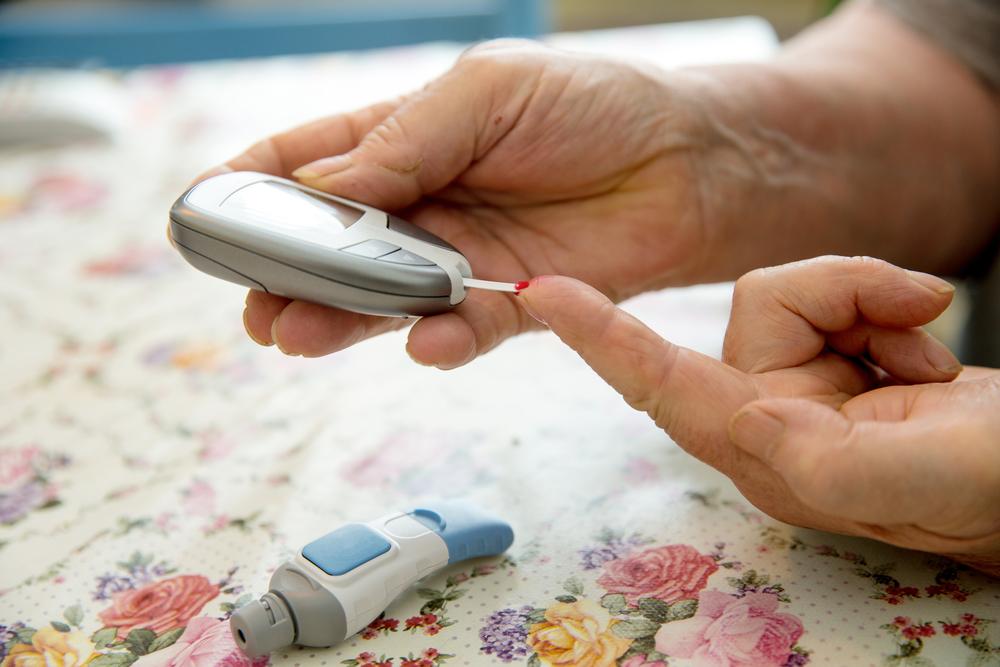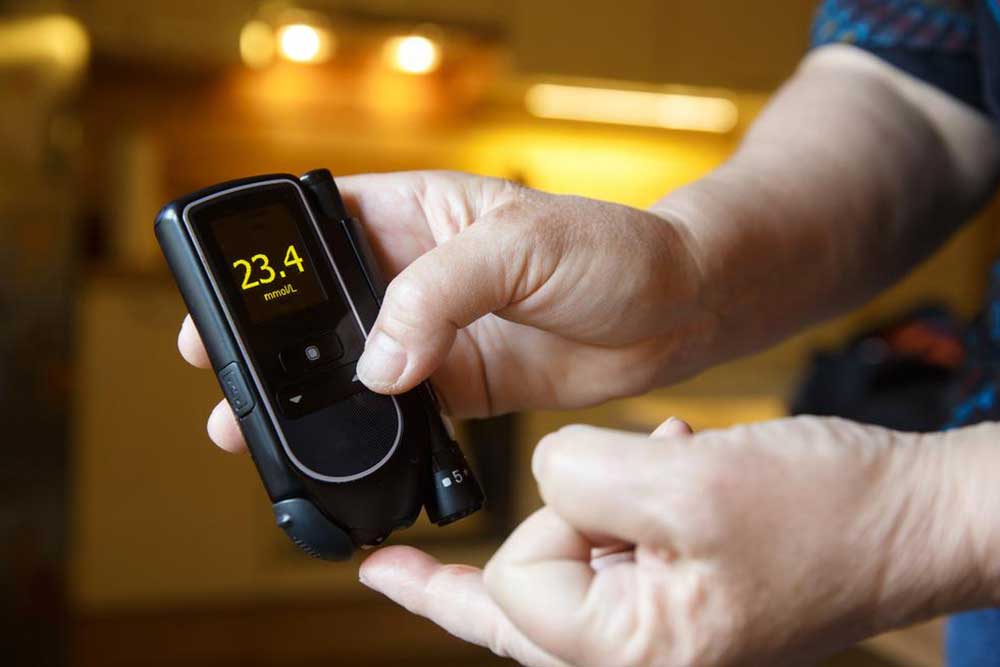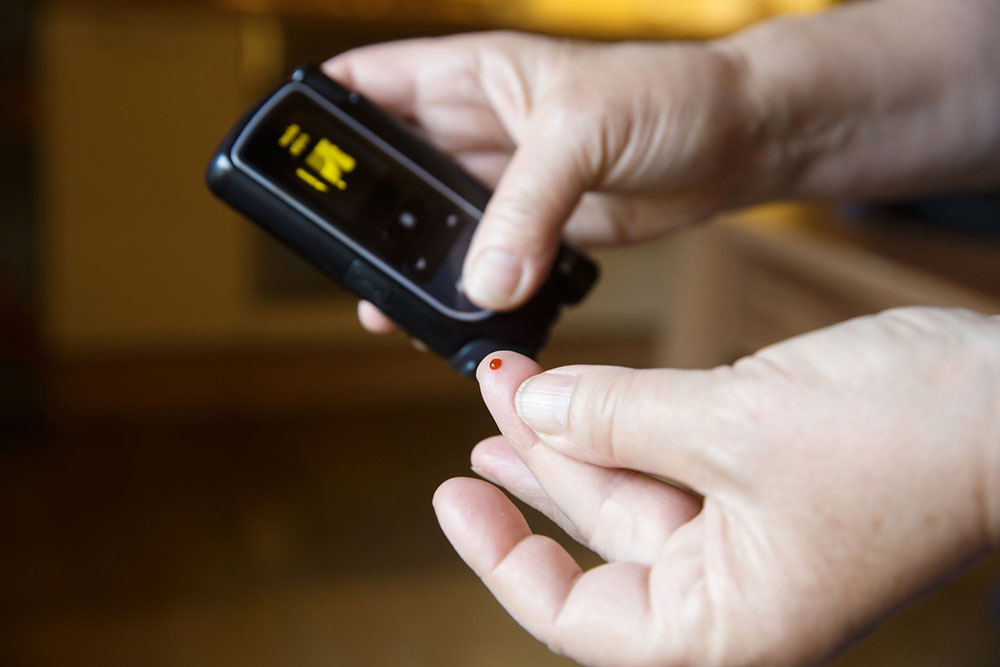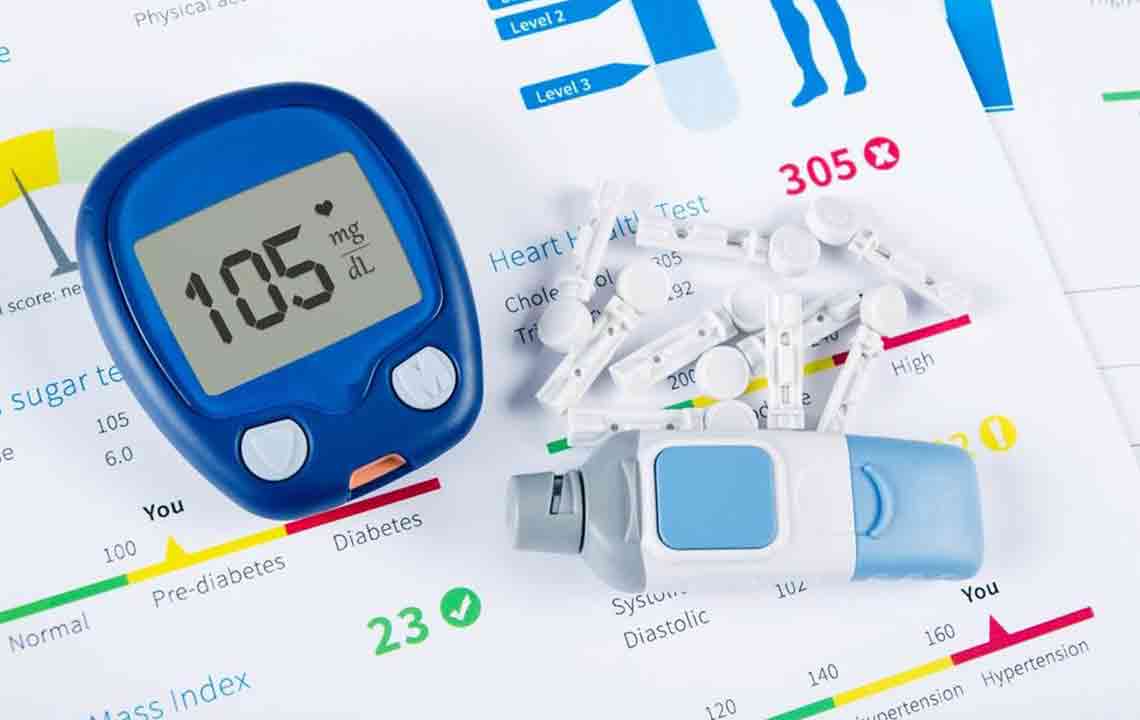Recognizing the Early Indicators of Diabetes: Key Symptoms to Watch For
Early signs of diabetes include frequent urination, excessive thirst, increased hunger, sudden weight loss, blurred vision, and nerve numbness. Recognizing these symptoms early can lead to timely diagnosis and effective management, reducing the risk of complications. Regular check-ups and healthy lifestyle choices are essential in diabetes prevention and control.

Diabetes is a widespread health issue affecting millions worldwide. Approximately 30 million individuals live with this condition, often unaware until it becomes severe. It results from elevated blood sugar levels caused by irregular insulin production. Factors like family history, poor diet, sedentary lifestyle, and weakened immunity increase risk. There are two main types: Type 1, where insulin production drops due to pancreatic cell destruction, mainly in young people; and Type 2, driven by insulin resistance, common in adults. Early detection through noticing symptoms is vital for effective management.
Common early signs include excessive urination, persistent thirst, increased hunger, unexplained weight loss, blurred vision, and numbness or tingling in extremities. These symptoms often go unnoticed or are dismissed. Recognizing these early changes allows timely medical intervention, greatly improving health outcomes. Regular health check-ups and mindful lifestyle choices can significantly reduce the risk of developing diabetes and its complications.
Prompt identification of symptoms like frequent urination, dehydration, insatiable hunger, sudden weight loss, vision issues, and nerve discomfort is crucial. Early diagnosis offers better control over blood sugar levels and prevents severe issues later on. Stay vigilant and consult your healthcare provider if you observe these signs to maintain optimal health and prevent progression of the disease.










